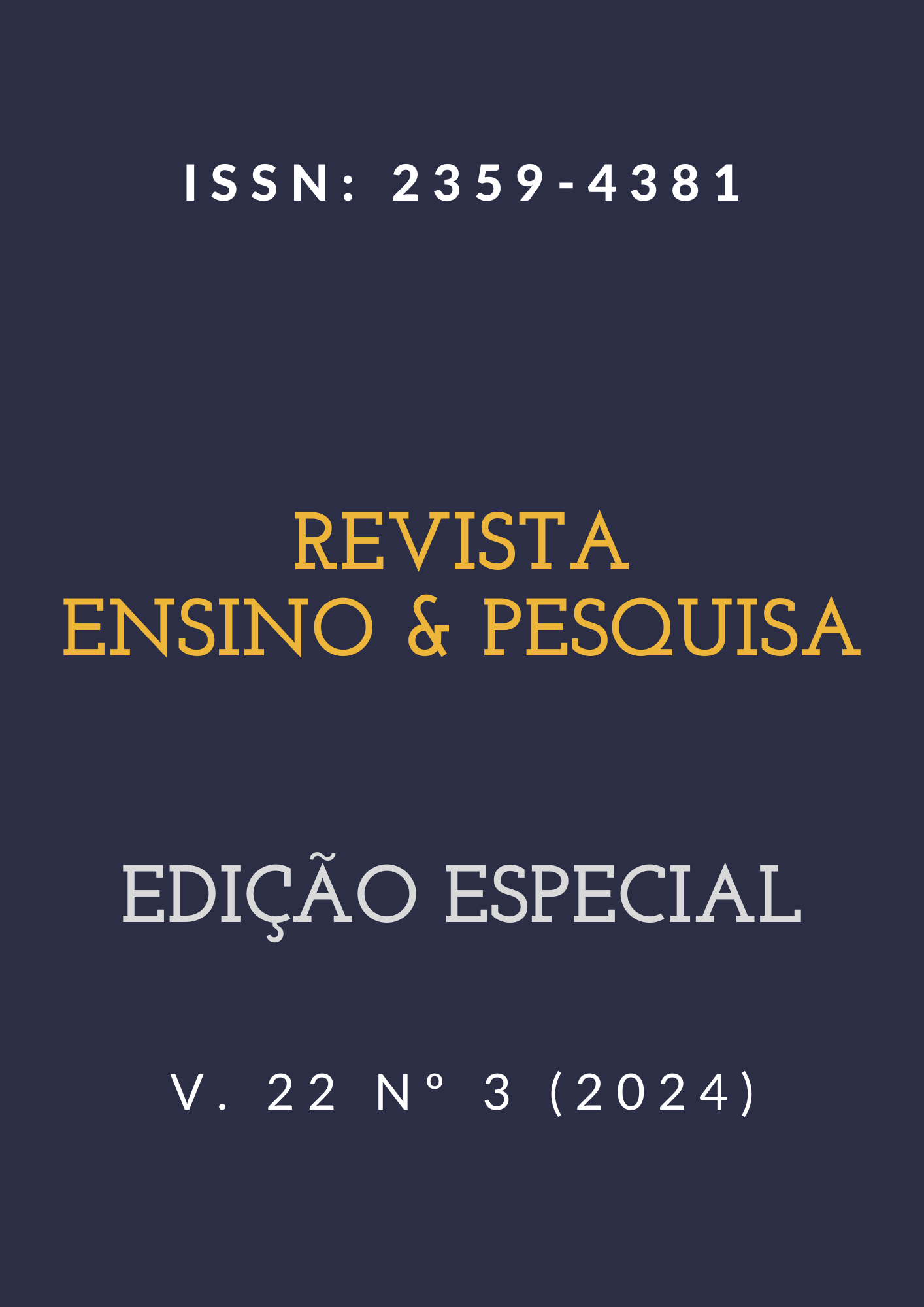Formação Continuada de Professores na Educação Infantil: aspectos históricos e políticos
DOI:
https://doi.org/10.33871/23594381.2024.22.3.9803Abstract
Abstract: This article aims to understand the historical and political aspects of continuing teacher training in Brazilian Early Childhood Education. To this end, we discuss the purpose of education, the economic and political context of capitalist society in its informational-digital phase, in order to examine the implications for Continuing Teacher Education policies. The hypothesis that guided the analyses is that policies for the training of Early Childhood Education teachers in Brazil are organized to meet the new economic configurations for the labour market. The mediated analyses consider that teacher training should encourage continuous study, evaluation and rethinking of educational practice, which implies discussing the function of the school from a perspective of human emancipation. In methodological terms, this research is of a qualitative nature, bibliographical and documental in nature, with reference to analyses based on Historical-Dialectical Materialism. We understand that education is a social historical process, which is dynamic and marked by contradictions. The results show that the history of continuing education for teachers in Early Childhood Education has been marked by discontinuities in its policies, as they reflect the demands arising from economic and social transformations. Faced with the demands posed by the globalization of capital in the production process, the International Organizations (OOS) recommend that educational policies be attentive to the new configurations of economic and social relations, in general, for the maintenance of the capitalist system in its informational-digital phase and for the organization of training for the labour market.
Keywords: Continuing Teacher Education, Early Childhood Education, Educational Policies.

